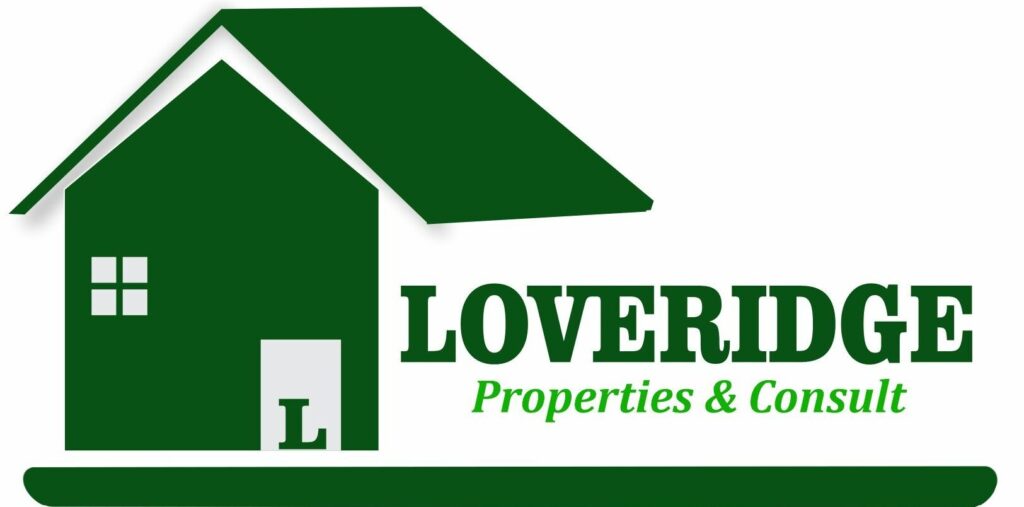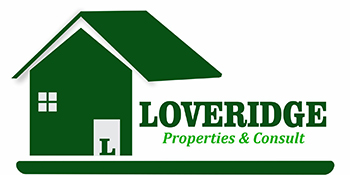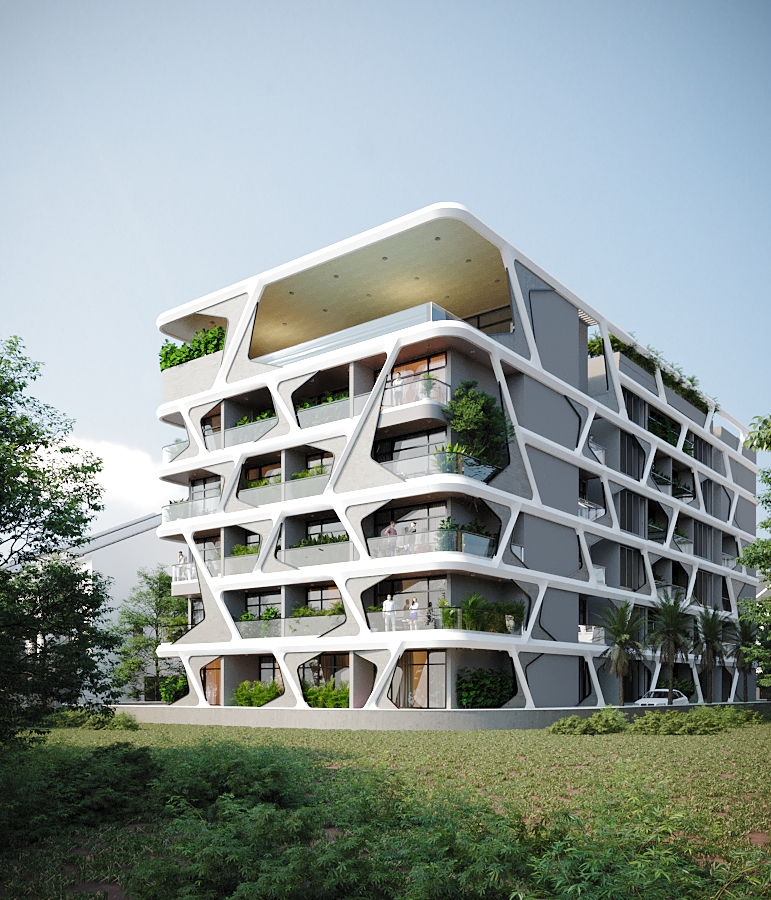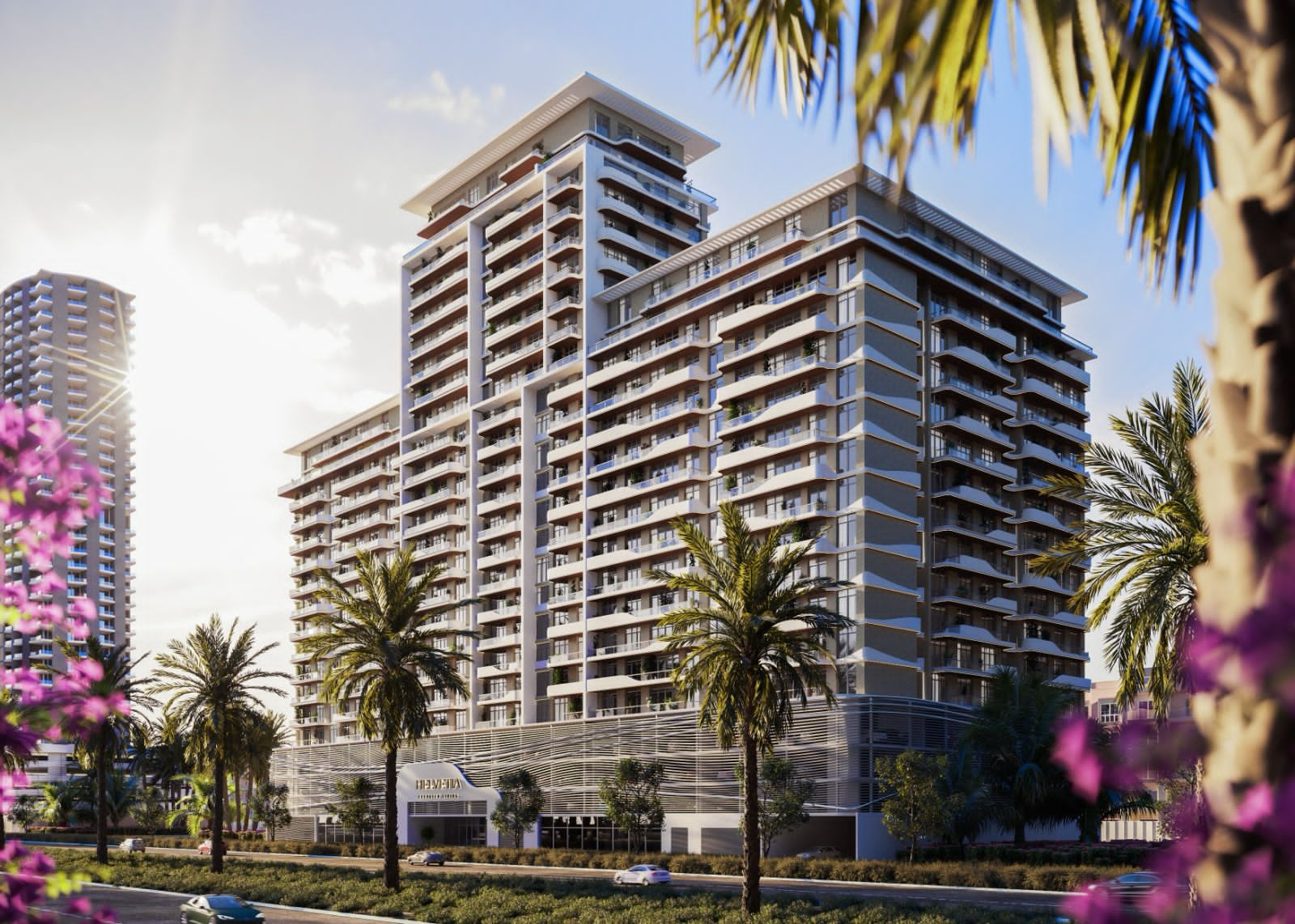Introduction:
In today’s real estate landscape, understanding the preferences and behaviors of millennials is crucial for success. As the largest generation in the workforce, millennials are now entering the housing market in significant numbers, bringing with them unique expectations and priorities. For Home-buyers, staying ahead of the curve means mastering the intricacies of the millennial homebuying market. In this blog, we’ll explore key insights and strategies to effectively navigate this demographic shift and capitalize on the opportunities it presents.
Understanding Millennial Homebuyers: Millennials, generally defined as individuals born between 1981 and 1996, have distinct preferences when it comes to homeownership. Unlike previous generations, millennials prioritize factors such as convenience, affordability, and sustainability. They value experiences over possessions and seek homes that align with their lifestyle choices and values. Additionally, many millennials are delaying homeownership due to factors like student loan debt, economic uncertainty, and changing employment patterns.
Adapting to Millennial Preferences: To attract millennial homebuyers must adapt their approach to meet their unique needs and preferences. This may include:
- Emphasizing Affordability: Millennials are often burdened by debt and face challenges saving for a down payment. Offering affordable housing options, such as starter homes or condominiums, can appeal to this demographic.
- Highlighting Location and Convenience: Millennials prioritize convenience and prefer homes in walkable neighborhoods with access to amenities like public transportation, restaurants, and entertainment options.
- Embracing Technology: Millennials are digital natives who rely heavily on technology throughout home-buying. Leveraging digital marketing, virtual tours, and online transaction tools can enhance the buying experience for this tech-savvy demographic.
- Promoting Sustainability: Environmental consciousness is important to many millennials, so promoting eco-friendly features such as energy-efficient appliances, sustainable materials, and smart home technology can make properties more appealing.
- Offering Flexibility: Millennials value flexibility and may prefer options such as rent-to-own agreements, shared ownership models, or flexible financing options that accommodate their lifestyle and financial situation.
Engaging with Millennial Buyers: Building trust and rapport with millennial homebuyers requires a personalized and transparent approach. home-buyers ca
- Establish an Online Presence: Maintain an active presence on social media platforms and professional networks like LinkedIn to engage with millennial buyers and showcase listings.
- Provide Educational Resources: Offer informative content, such as blog posts, videos, and webinars, that address common questions and concerns of millennial homebuyers, including the home buying process, financing options, and market trends.
- Foster Authentic Connections: Showcasing testimonials and success stories from satisfied millennial clients can build credibility and trust. Also, nurturing relationships through personalized communication and attentive customer service can enhance the buying experience.
- Stay Current with Market Trends: Keep abreast of evolving trends and preferences within the millennial demographic, including changes in lifestyle, housing preferences, and purchasing behaviors, to tailor offerings accordingly.


Conclusion:
As millennials increasingly become a driving force in the housing market, homebuyers have a unique opportunity to position themselves as trusted advisors and providers of homes that meet the needs of this demographic. By understanding millennial preferences, adapting marketing strategies, and fostering authentic connections, homebuyers can successfully navigate the millennial homebuying market and thrive in today’s competitive real estate landscape.










